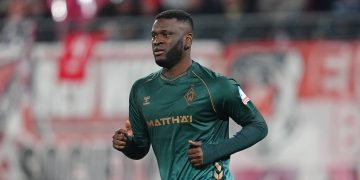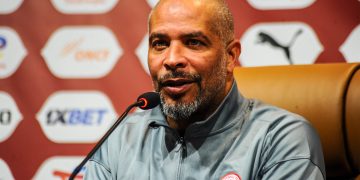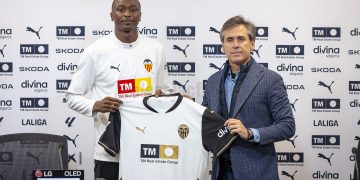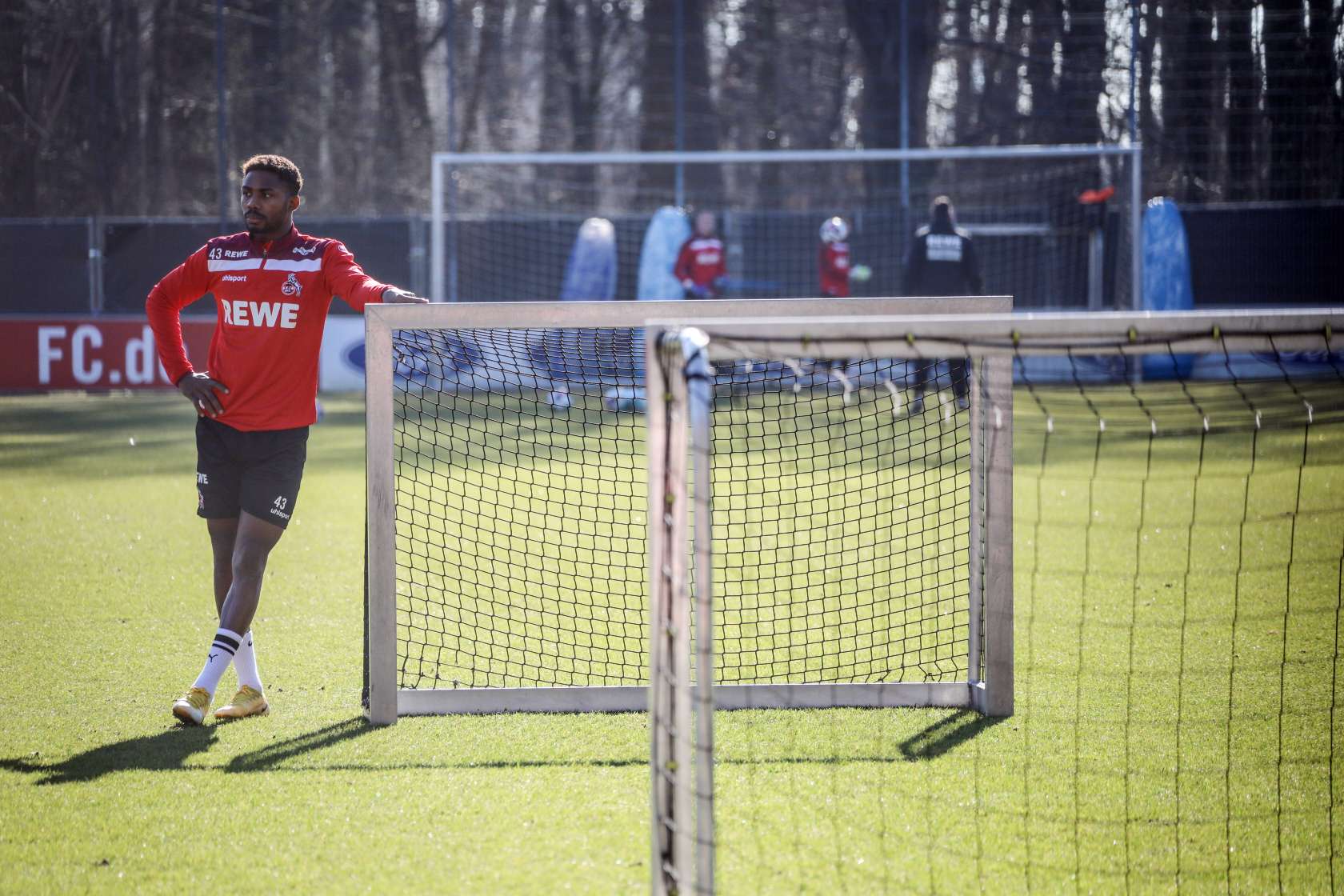2019 marks the end of another decade, and during this period, Nigeria's football has gone through highs and lows. During this period also, the country has been blessed with some numerous talents in the National team- some are retired, while some are still playing.
With this being said, here are Soccernet.ng top 10 Nigerian players the decade, but first let's take a trip down memory lane, and see how Nigeria's national team fared in this decade.
The start of the decade was 2010, and it was the year which saw Africa host the FIFA World Cup for the first time. Nigeria was one of the six African countries that represented the continent that year, but the Super Eagles disappointed as they failed to qualify from a group that included Argentina, South Korea and Greece.
Two years later, it got from bad to worse for Nigeria as they missed out on AFCON qualification in 2012, but they bounced back a year later by winning the tournament in 2013.
They backed up the feat in South Africa with a Round of 16 finish at the 2014 FIFA World Cup in Brazil, but the next three years were not particularly fruitful as they missed out on two consecutive AFCON tournaments.
However, they finished the decade on a high by qualifying for the 2018 World Cup with a game to spare, while they also won the Bronze medal at the 2019 Africa Cup of Nations in Egypt.
Having summarized what the decade has been like for the Super Eagles, Here is the list of the best Nigerian players this decade.
NB: This list is exclusively alone for players who played in the National team, so Golden Eaglets or Flying Eagles stars are not included.
10. Kenneth Omeruo:
The first name on this list is Leganes defender, Kenneth Omeruo. The 26-year-old made his debut for Nigeria in an AFCON qualifier against Cape Verde before going on to play a key role in the team's run to victory at the tournament in South Africa.
Since he made his debut in 2013, Omeruo has gone on to become one of the key players for Nigeria, representing the country at two world cups, while he was also part of the squad that won Bronze at the 2019 Africa Cup of Nations in Egypt.
At club level, Omeruo did not have much luck during this period as he was loaned out by Chelsea for most of the time. But he has found a new lease of life since he joined Spanish La Liga side, Leganes last season.
9. Osaze Odemwingie:

Although he did not contribute much to the National team in this decade, Odemwingie was one of Nigeria's best player in Europe in this period.
The former Stoke City striker was the first Nigerian to win the Premier League player of the month twice in the same season. The former Nigerian international moved to the Premier League in 2010 when he signed for West Brom. He was an instant success, scoring 15 league goals in his first season, and winning the Premier League player of the month twice.
While he did not reach the same heights the following season, he still managed double figures in his second season, scoring ten goals, and winning the Premier League player of February.
The goal dried up in his third campaign as he could only manage five goals in 37 appearances. He left the Baggies in 2014 to join Cardiff City on a six-month loan deal.
Following the completion of his loan deal with the Blue Birds, Odemwingie joined Stoke City in June of that year where he played for five seasons.
He announced his retirement from football this year but he was one of the most successful Nigerians to play in the Premier League.
At the international level, Odemwingie did not have much impact as he did in the previous decade, but he still represented the country at the 2010 and 2014 World Cups.
8. Alex Iwobi:

Unlike the previous two, Alex Iwobi only made his Super Eagles debut in 2015. But since he made his debut, he has been key for Nigeria. His most memorable moment since making his debut was scoring the goal that sent Nigeria to the 2018 FIFA World Cup in Russia.
He was also part of the team that won the Bronze medal at the 2019 Africa Cup Of Nations. At Club level, Iwobi made 100 appearances for Arsenal scoring 11 goals before joining Everton this season.
7. Emmanuel Emenike:

Another member of the AFCON 2013 winning squad. Emenike was the country's top scorer in South Africa with four goals including strikes in games against Zambia and Ivory Coast.
He also played a vital role in Nigeria's qualification for the 2014 world cup, scoring the goals that secured the country's qualification against Ethiopia.
However, following the World Cup in Brazil and Keshi's subsequent dismissal as Super Eagles boss, his time with the National team came to an end.
At club level, Emenike was much of a journeyman, playing for Fernabache, Spartak Moscow, Al Ain, West Ham, Olympiacos and Las Palmas.
He currently plays for Belgian second division side, Westerlo. His impact at the club level was not that big which is why he's rank low in this list.
6. Odion Ighalo:
Like Iwobi, Ighalo only made his debut for the Super Eagles in 2015, but he made more impact than the Evertonian. The Shanghai Shenhua forward is Nigeria's 8th highest goalscorer with 16 goals.
He was influential for the team in their Bronze win at the 2019 Africa Cup of Nations. The 30-year-old who retired from international football after the tournament was the top scorer in Egypt with five goals.
He was also key in Nigeria's road to qualification for the 2018 World Cup in Russia. At club level, Ighalo is one of the most prolific Nigerian strikers to have played in Europe with 119 club goals.
5. Joseph Yobo:

Nigeria's record cap holder with 102 appearances. Yobo represented the country at three FIFA World Cups including 2010 and 2014 editions. He also represented the country at six Africa Cup of Nations.
Although he did not feature a lot in the tournament, Yobo was the captain of the Super Eagles side that won their third AFCON trophy in South Africa.
His Super Eagles career may have ended with an own goal against France at the 2014 World Cup, but Yobo will forever be remembered as one of the best Nigerian players.
4. Victor Moses:
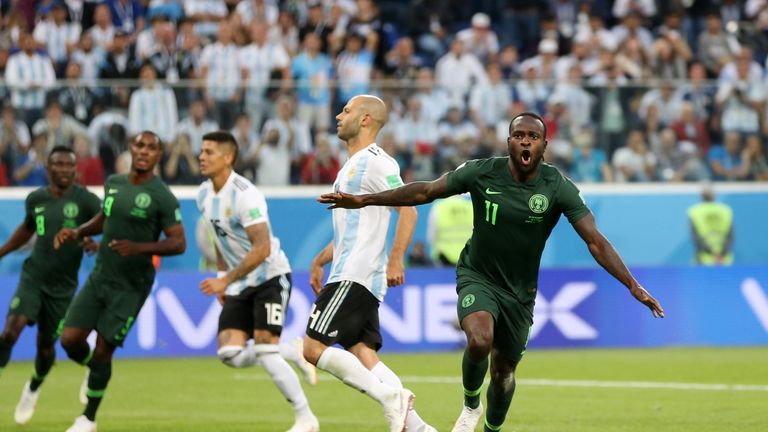
With the best period of the decade coming in 2013, It is no surprise to see a majority of the names on the list being players from the 2013 winning squad.
An orphan after his parents were killed in a riot in Kaduna, Moses was one of the players that played a vital role in Super Eagles win in South Africa. The Fernabache star delivered a man of the match performance in the semi-final win over Mali.
He also featured for Nigeria at two FIFA world cups (2014 and 2018). He made 38 appearances for the country, scoring 12 goals before retiring from international football at the age of 27.
At club level, Moses was one of the few Nigerian players to win a league title this decade. He currently plays at Turkish side, Fernabache.
3. Vincent Enyeama:

Although he made his debut in 2002, Enyeama's memorable moment came at the 2013 Africa Cup of Nations, leading the team to their third AFCON title.
The former Nigerian international was in goal for all the games as Super Eagles claimed their third AFCON title. He also represented Nigeria at three FIFA World Cups including 2010 and 2014.
He ended his international career in 2015 after a fall out with the then Super Eagles manager, Sunday Oliseh. At club level, Enyeama was Lille's goalkeeper from 2011-2018, making 118 appearances.
2. Ahmed Musa:
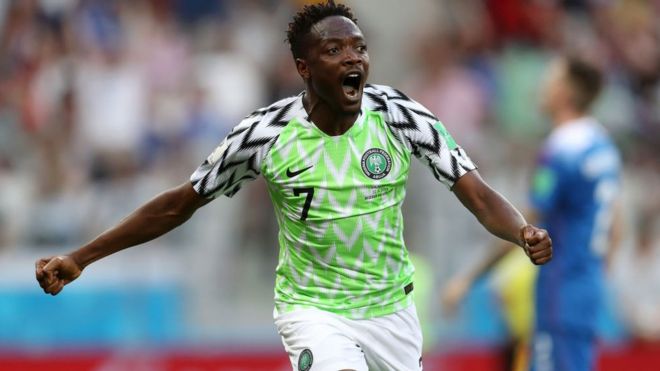
The Governor as he is fondly called is one of the two players from the 2013 AFCON squad that are still playing for the Super Eagles.
The former Kano Pillars striker made his debut for the Super Eagles in 2010 and has won 91 caps since then. He featured for Nigeria at the 2014 and 2018 world cup.
Musa is the only Nigerian to have scored a brace in two consecutive world cups. The 27-year-old scored a brace against Argentina in Brazil while he also repeated the same trick against Iceland four years later in Russia.
At club level, his prolific period came when he was at CSKA Moscow. The former Leicester City striker currently plays at Al-Nassr.
Should he continue playing for a couple of years more, Musa will definitely break Joseph Yobo's record no of caps.
1. John Mikel Obi:
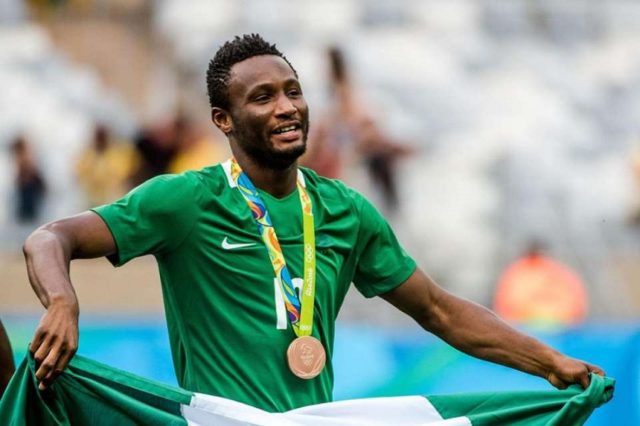
The only Nigerian that achieved success both at club and country level. A veteran of two world cup finals in this decade, Mikel was indeed the superstar of Nigerian football in this decade.
The Trabzonspor midfielder was an influential figure in Nigeria's 2013 AFCON win, while he also played a prominent role for the Country at the 2016 Olympics, leading the team to a bronze medal finish in the football event.
He called time on his international career after Super Eagles third place finish at the 2019 Africa Cup of Nations. At Club level, Mikel played a key role in Chelsea's champions league win in 2012, while he also won the Europa League and the Premier League with the Blues this decade.
*Honourable mentions to Wilfred Ndidi, William Troost Ekong, Victor Osimhen who were brilliant in the latter part of the decade. They will definitely be the leading figures for next decade's list.


